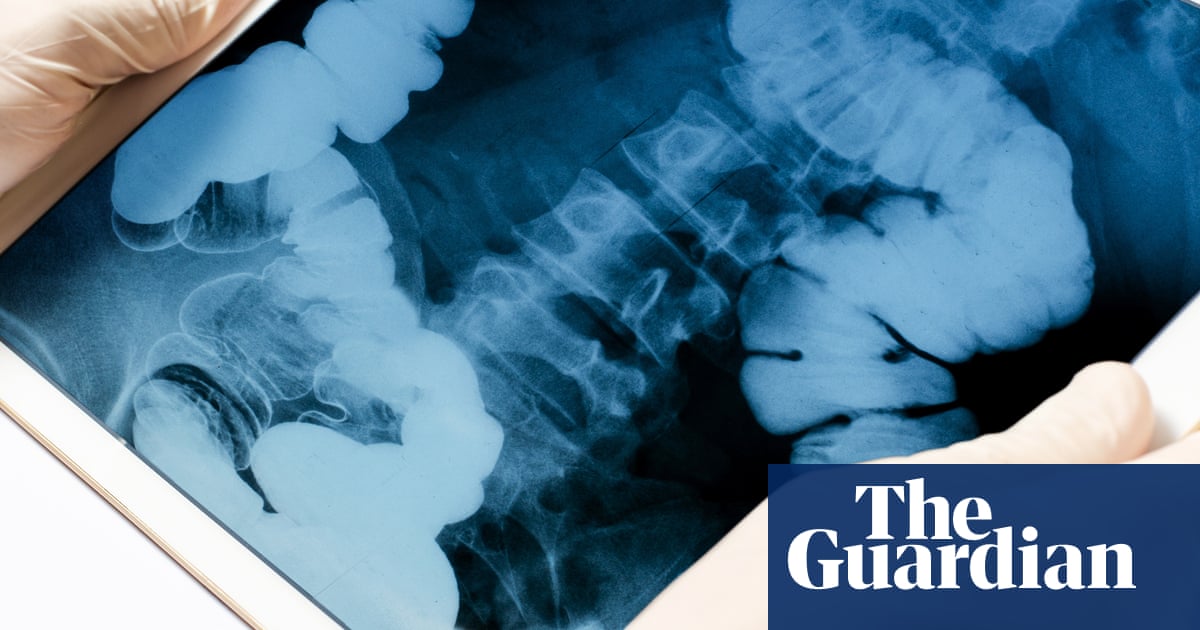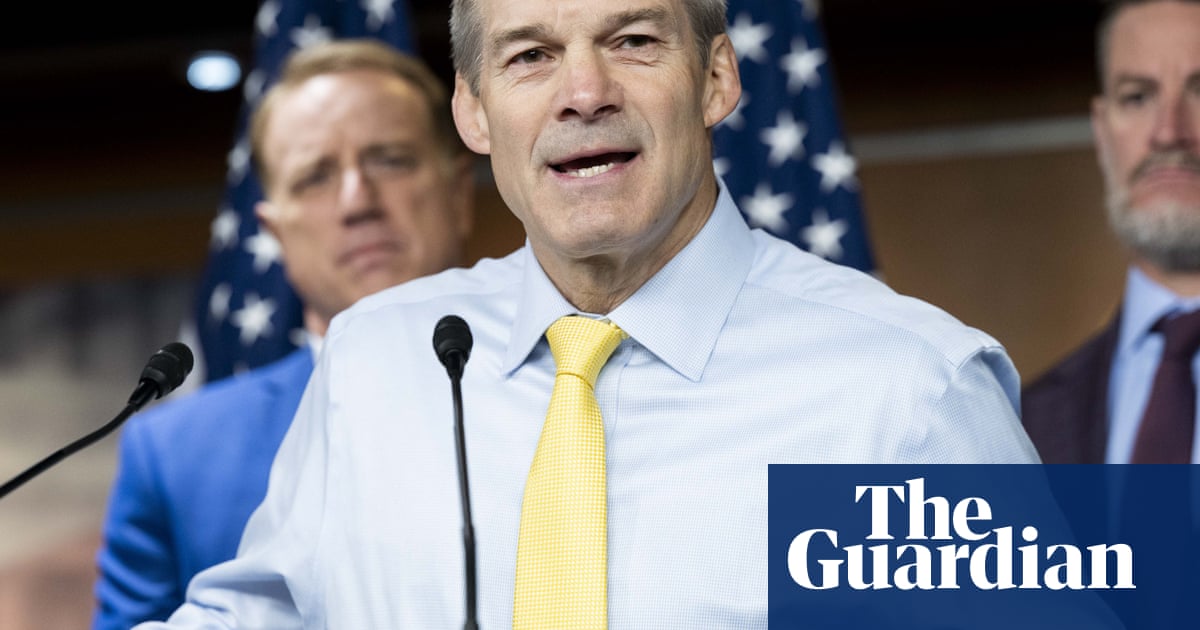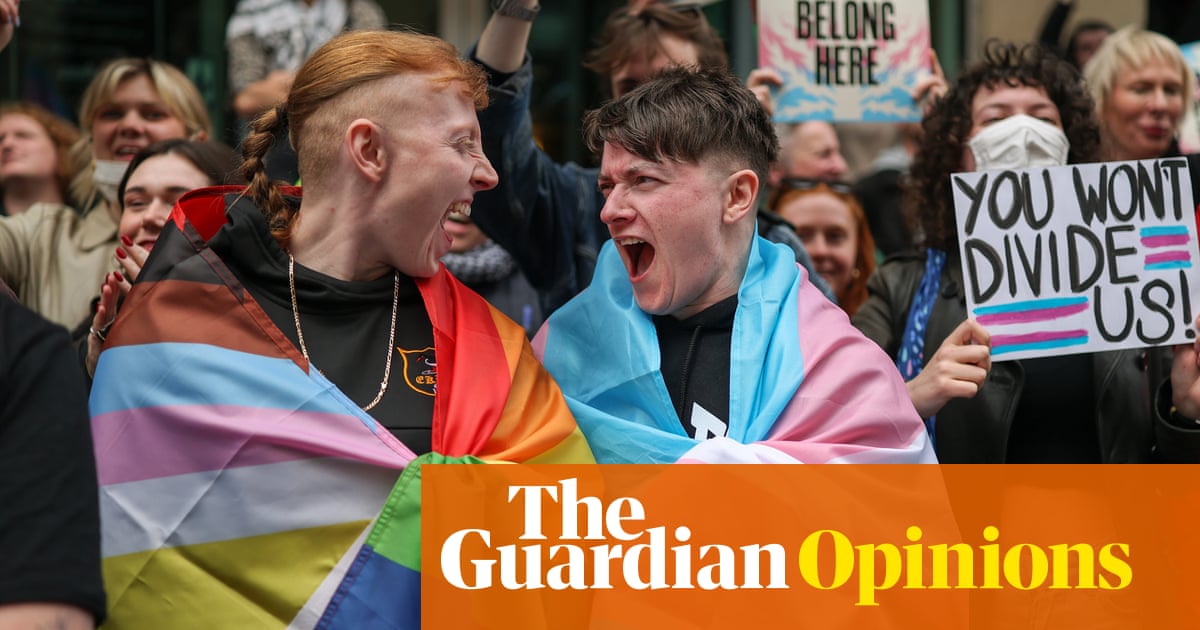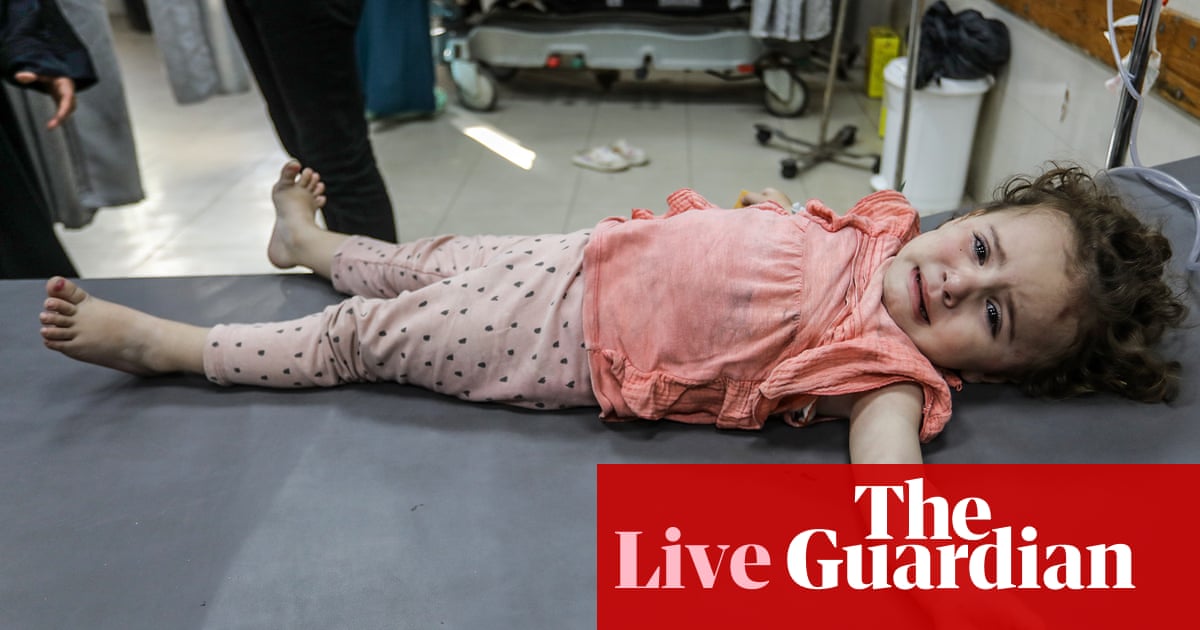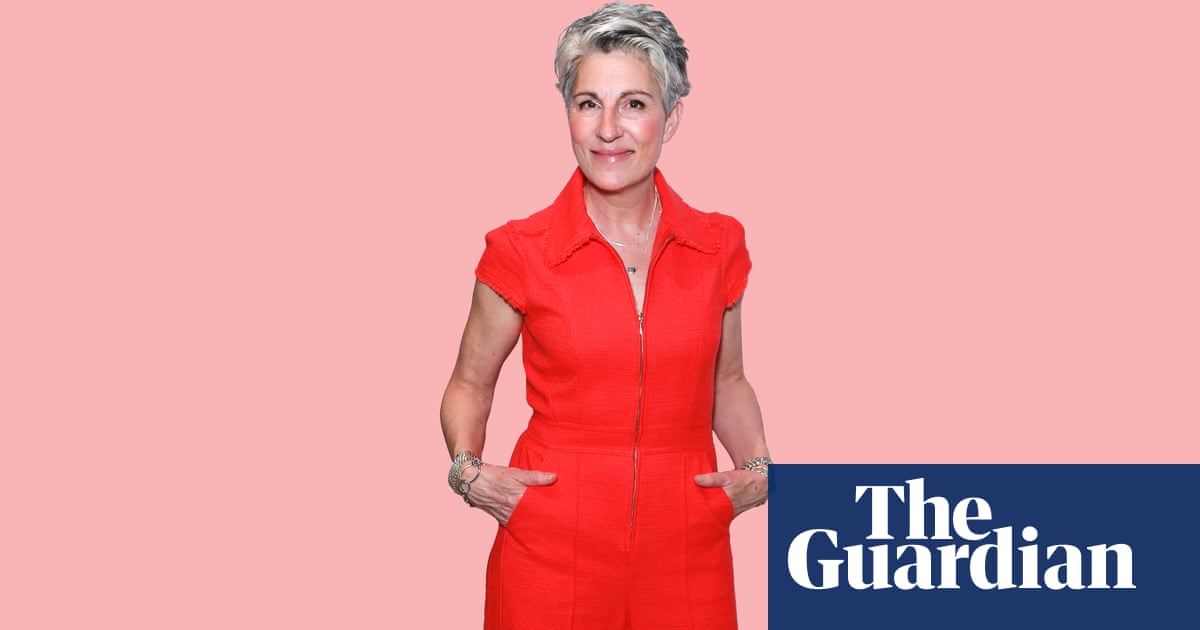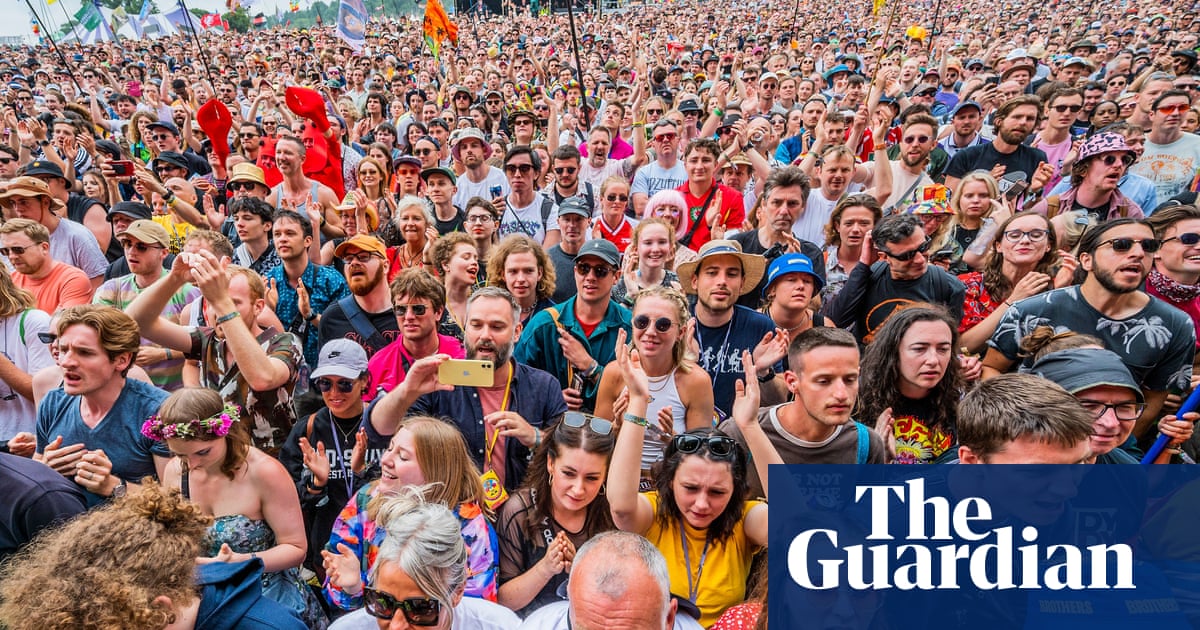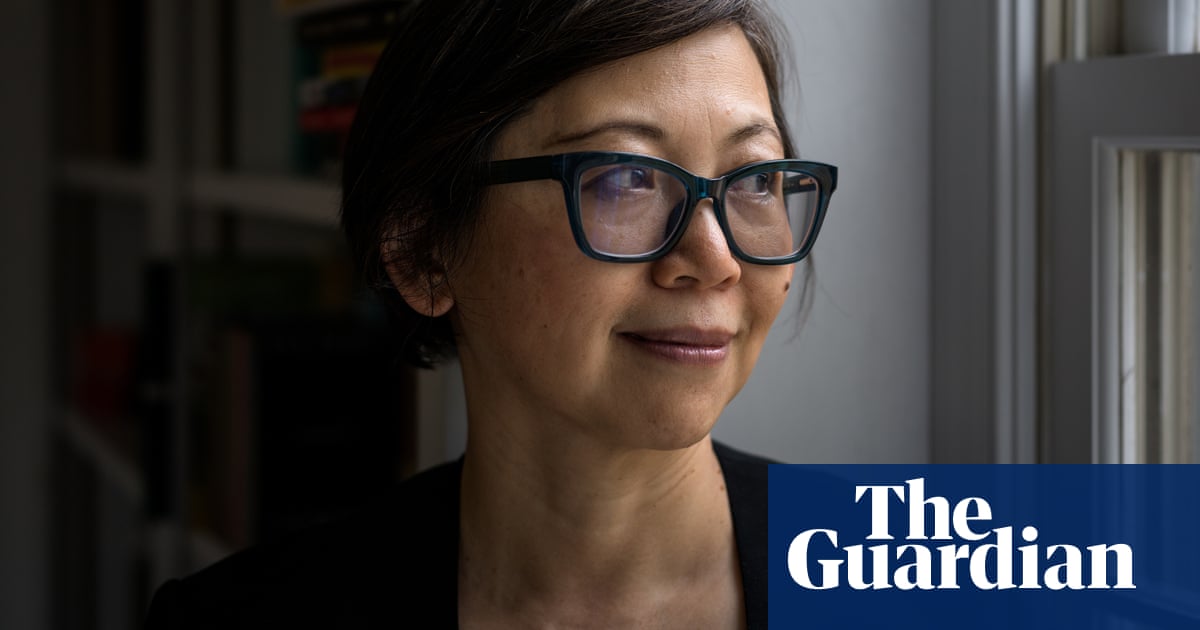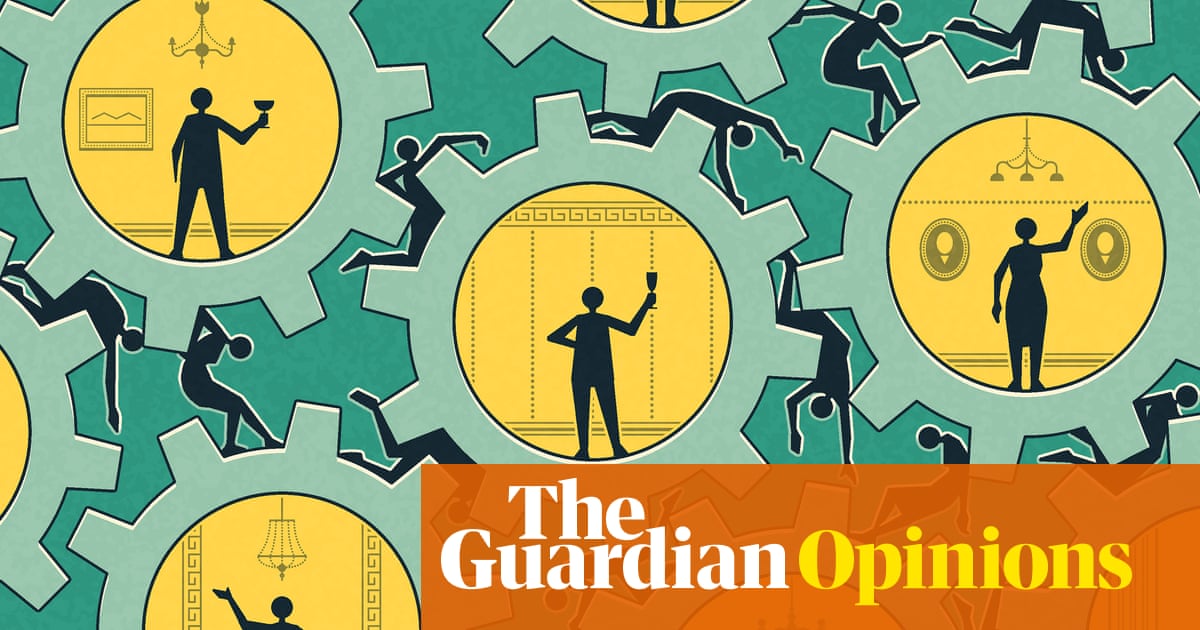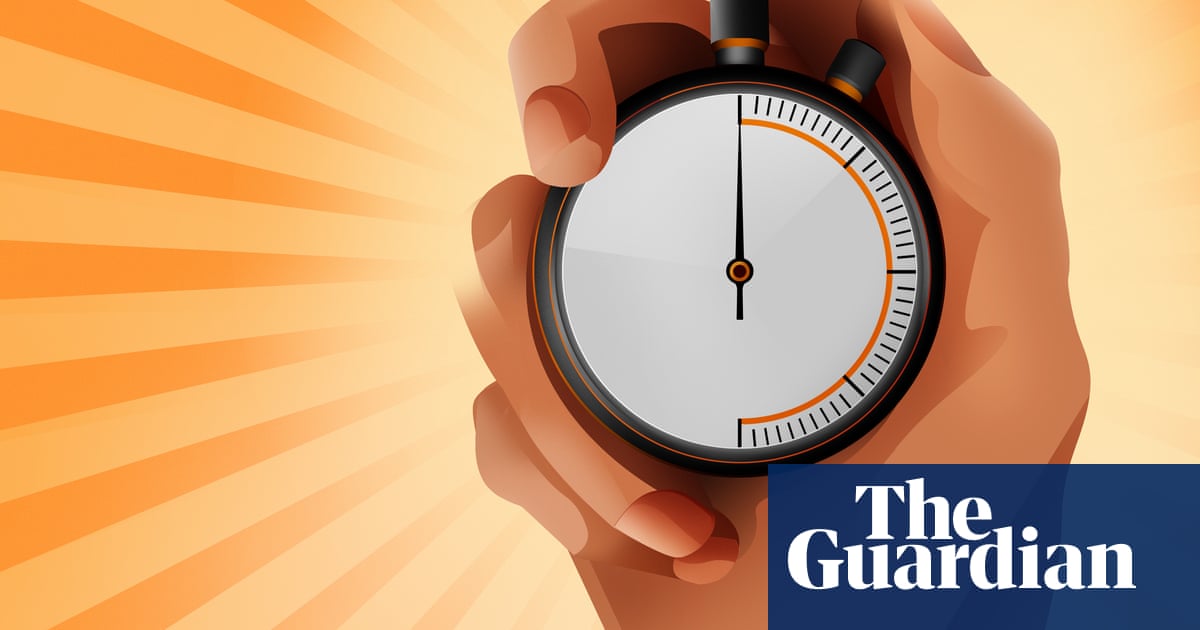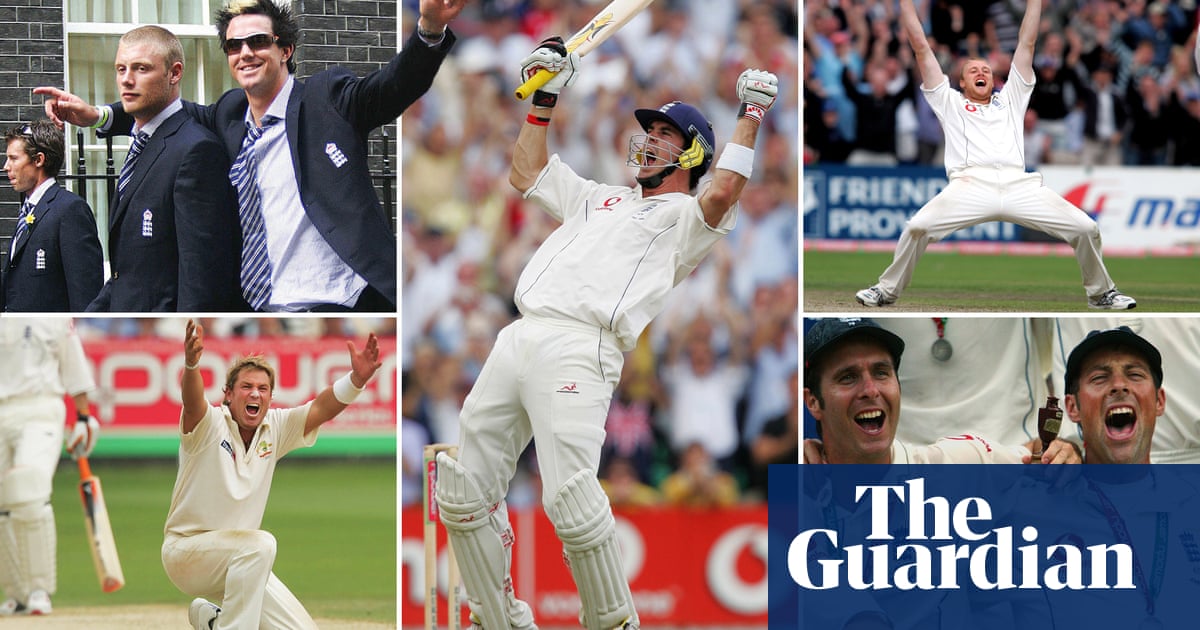When Gérard Depardieu, one of France’s biggest cinema stars, was placed on the sex offender register this week after being found guilty of sexually assaulting two women on a film set in 2021, it was a historic moment for the #MeToo movement in the country.
“It was a message to all men in power that they are answerable to the courts and can be convicted,” said Catherine Le Magueresse, who represented the European Association Against Violence Towards Women at Work (AVFT) at the trial. “The message is: watch out, the impunity is over.”
Depardieu, 76, who has made more than 200 films and TV series, had for years personified one of the key obstacles to the French #MeToo movement: France’s cult of the creative genius. Depardieu’s acting talent and international fame was seen as so great that he was untouchable. French cinema and politics had been slow – even reluctant – to take abuse claims seriously.
“This is the first time such a strong signal has been given that no one is above the law for violence against women – that message has been lacking until now,” said the Green MP Sandrine Rousseau who co-authored a recent parliamentary report that found sexual violence was “endemic” in the French entertainment industry. More now needs to be done, she argued.
The judge convicted Depardieu of sexually assaulting the two women on the set of the film, Les Volets Verts (The Green Shutters), noting that the actor seemed “not to have understood the notion of consent nor the injurious consequences of his actions”. Depardieu had trapped, grabbed and touched the women, shouting obscenities and calling one a “snitch” for speaking out.
The priority now was to clean up sexism within the legal system itself, feminists said. Depardieu’s trial showed that French courts can be brutal for sexual violence survivors. This had been clear at the trial last year of 51 men over the rape of Gisèle Pelicot, who had been drugged unconscious by her husband. Pelicot said she was “humiliated” by defence lawyers, who asked if the men might have thought she was drunk or pretending to be asleep. Her lawyer, Antoine Camus, criticised how, in French courts, “there is still discussion of whether you’re a ‘good’ victim”.
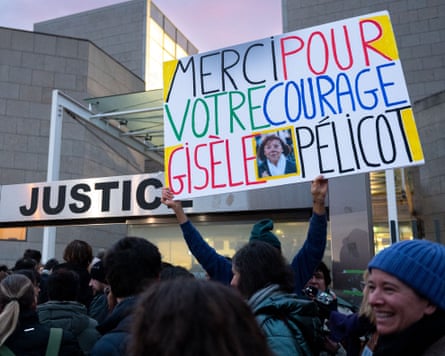
In the Depardieu trial, the judge went further. Setting a legal precedent, he ruled that Depardieu’s defence lawyer, Jérémie Assous, had been so “excessively harsh” to the two women in court that they must be compensated for “secondary victimisation”. One woman, Amélie, a set decorator, said her experience of being questioned by Depardieu’s defence had been “hell”. Assous had told the women they were liars and not real victims. He called the women’s lawyers hysterical, “abject and stupid”.
Céline Piques of the feminist group Osez Le Féminisme said the ruling on the treatment of the Depardieu complainants in court could be a turning point in France. “Depardieu’s defence was absolutely shocking, with multiple excesses and sexist attacks. When women file a legal complaint they are mistreated at every step, from the investigation to the trial, where they are attacked with sexist archetypes and lawyers try to destabilise them with tactics outside the legal sphere. In Depardieu’s trial, there was at least recognition that this is not acceptable.”
Depardieu’s behaviour was well-known for years, witnesses told the court. Yet the actor had been defended at the highest level of French culture and politics. In 2023, 50 film and cultural figures, including the actor Charlotte Rampling and singer Carla Bruni, signed a petition entitled “Don’t Cancel Gérard Depardieu”.
Depardieu’s greatest defender was the French president. Emmanuel Macron – elected in 2017 just as the #MeToo movement went global after revelations against the Hollywood producer Harvey Weinstein – had vowed to combat violence against women and girls. But in 2023, when Depardieu was under formal investigation for rape in another case and also facing scrutiny over sexist comments revealed in a TV documentary, Macron defended him, saying “he makes France proud”. Asked at the time about stripping Depardieu of a state award, Macron suggested Depardieu was the target of a “manhunt”. Macron has yet to comment on Depardieu’s conviction.
Aurore Bergé, the French equality minister, said after the verdict: “No talent, however great, has the right to immunity.”
Depardieu, who denied the charges and will appeal his conviction, was given an 18-month suspended prison sentence. Earlier this year, the film director Christophe Ruggia, who was found guilty of sexually assaulting the actor Adèle Haenel in the early 2000s when she was aged between 12 and 15, was given a four-year sentence with two years suspended and two to be served with an electronic bracelet.
Cases in France can be slow to come to court. The Paris prosecutor’s office has requested that Depardieu face a further trial for rape and sexual assault in a separate case brought by the actor Charlotte Arnould, but no date has been set. Depardieu has denied those allegations. The French TV presenter and newsreader Patrick Poivre d’Arvor, known as PPDA, has been placed under formal investigation for alleged rape, after many women came forward in what is seen as one of the biggest #MeToo cases in France. But the case is taking a long time. He denies the allegations.
Emmanuelle Dancourt, the president of the association MeTooMedia, is among the women who filed complaints against d’Arvor. She attended Depardieu’s trial and said there should be a “complete overhaul” of the French legal system, with specialist courts on sexist and sexual violence.
Dancourt said that although show business was important, #MeToo groups in France were joining forces across all sectors and social strata, including industry and lower-income jobs, so action didn’t focus only on a “#MeToo of the 1%”.
She said women who speak out in France, including Depardieu’s two victims, still see an impact on their careers. “France cannot keep lagging behind culturally and politically on this,” Dancourt said. “It can’t be one step forward, two steps back.”

 6 hours ago
7
6 hours ago
7

